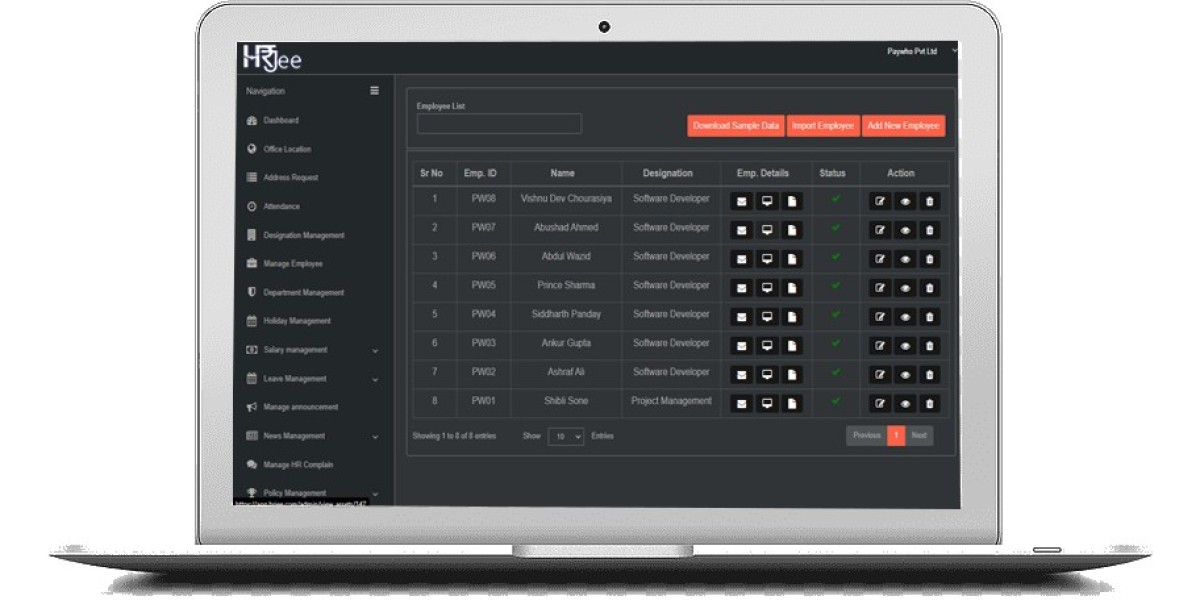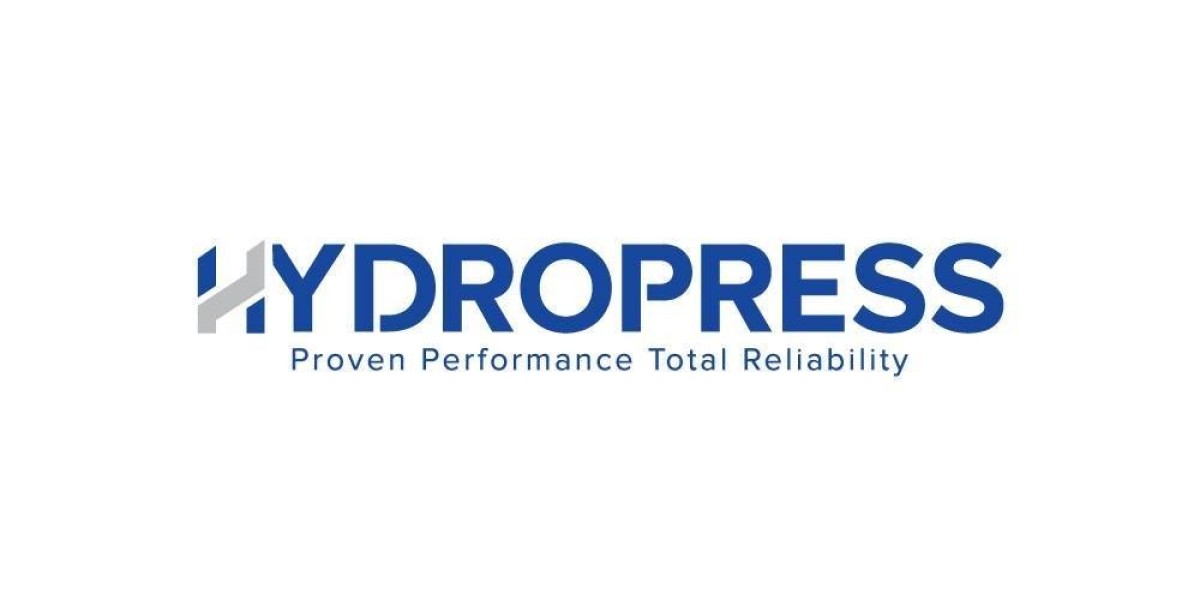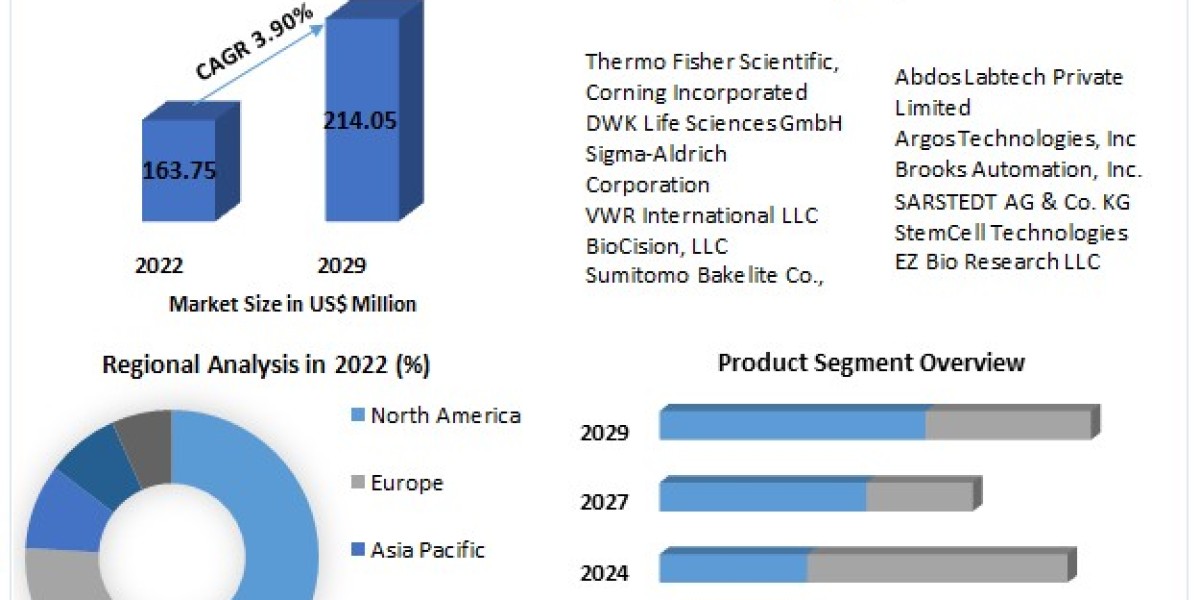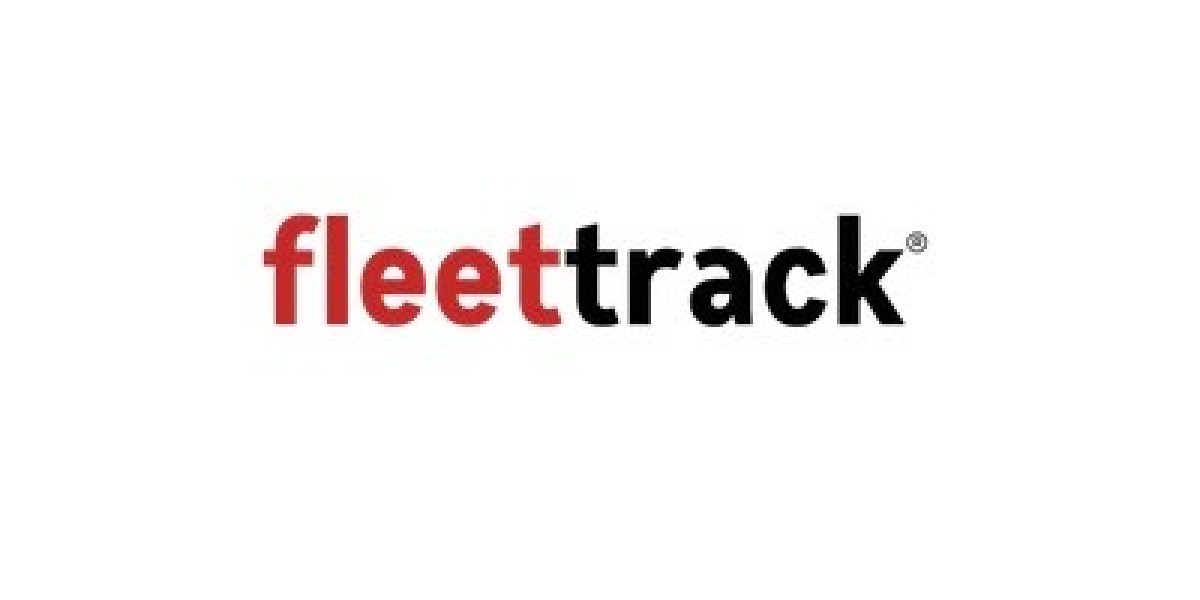In the dynamic realm of business operations, Human Resource Management (HRM) stands as a cornerstone for organizational success. From talent acquisition and onboarding to performance evaluation and payroll processing, HR departments bear the weight of numerous responsibilities. To navigate these tasks efficiently and effectively, businesses are increasingly turning to HR management platforms. These comprehensive solutions offer a wide array of features designed to streamline HR processes, enhance employee engagement, and optimize workforce management strategies.
In this in-depth exploration, we will delve into the realm of HR management platforms, examining their key features, benefits, and how they can propel businesses forward in the ever-evolving landscape of human resources.
The Evolution of HR Management Platforms
Gone are the days of manual record-keeping and paper-based processes. Today's HR management platforms leverage the power of technology to automate and streamline HR tasks, allowing businesses to focus on strategic initiatives and employee development. These platforms come in various shapes and sizes, catering to the diverse needs of businesses across industries. From cloud-based solutions to on-premises deployments, HR management platforms offer flexibility and scalability to adapt to the unique requirements of each organization.
Key Features of HR Management Platforms
Employee Data Management: Centralizing employee information is essential for efficient HR operations. HR management platforms provide a centralized repository for storing and managing employee data, including personal information, employment history, performance evaluations, and more.
Recruitment and Applicant Tracking: Streamlining the recruitment process is vital for attracting top talent. HR management platforms offer features such as job posting, applicant tracking, resume screening, and interview scheduling to simplify the recruitment process and ensure a seamless candidate experience.
Onboarding and Training: Effective onboarding sets the stage for employee success and retention. HR management platforms facilitate onboarding by automating administrative tasks, delivering personalized training materials, and tracking new hire progress.
Performance Management: Evaluating employee performance is crucial for identifying strengths, addressing weaknesses, and fostering professional growth. HR management platforms offer performance appraisal tools, goal setting features, and feedback mechanisms to facilitate continuous performance management.
Time and Attendance Tracking: Managing employee time and attendance is essential for payroll processing and compliance. HR management platforms provide time tracking tools, scheduling capabilities, and leave management features to ensure accurate and efficient workforce management.
Payroll Processing: Timely and accurate payroll processing is critical for employee satisfaction and regulatory compliance. HR management platforms offer payroll processing modules with features such as automated calculations, tax filing, and direct deposit to streamline payroll administration.
Employee Self-Service: Empowering employees to manage their HR tasks enhances engagement and reduces administrative burdens. HR management platforms offer self-service portals where employees can access pay stubs, update personal information, request time off, and enroll in benefits.
Benefits of HR Management Platforms
Increased Efficiency: By automating manual tasks and streamlining processes, HR management platforms improve operational efficiency and reduce administrative overhead.
Enhanced Compliance: Staying compliant with labor laws and regulations is essential for mitigating risks and avoiding penalties. HR management platforms offer built-in compliance tools and reporting capabilities to ensure regulatory adherence.
Improved Decision-Making: Access to real-time data and analytics empowers HR professionals to make informed decisions and optimize workforce management strategies.
Enhanced Employee Experience: Providing a seamless and user-friendly experience for employees enhances engagement, satisfaction, and retention.
Scalability: HR management platforms are designed to scale alongside businesses, accommodating growth and expansion without sacrificing performance or functionality.
Leading HR Management Platforms
Workday: A comprehensive cloud-based HR management platform offering modules for HR, payroll, talent management, and workforce planning.
Oracle HCM Cloud: A robust HR management platform with features for recruitment, onboarding, performance management, and payroll processing.
SAP SuccessFactors: An integrated suite of HR management solutions covering core HR, talent management, workforce analytics, and employee experience management.
ADP Workforce Now: A cloud-based HR platform offering features for payroll processing, benefits administration, time and attendance tracking, and talent management.
BambooHR: A user-friendly HR management platform tailored for small to medium-sized businesses, offering modules for applicant tracking, onboarding, performance management, and time tracking.
Conclusion
In conclusion, HR management platforms play a pivotal role in streamlining HR processes, enhancing employee engagement, and driving organizational success. From recruitment and onboarding to performance management and payroll processing, these comprehensive solutions offer a wide range of features designed to meet the diverse needs of modern businesses. By leveraging the power of technology and automation, HR management platforms empower HR professionals to focus on strategic initiatives and unlock the full potential of their workforce. As businesses continue to evolve and adapt to the demands of the digital age, investing in the right HR management platform is essential for staying competitive and thriving in today's dynamic marketplace.









